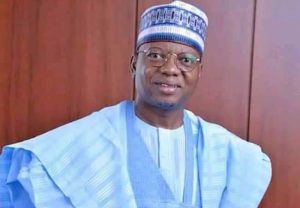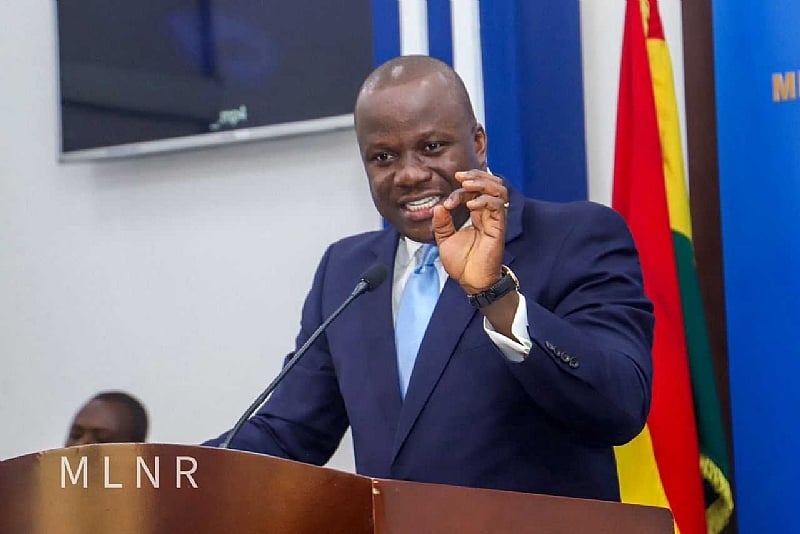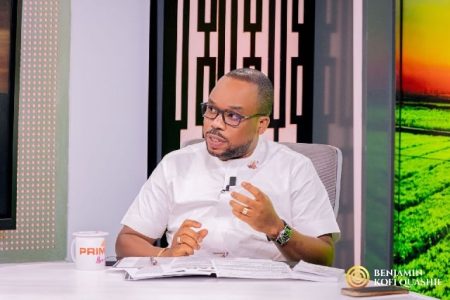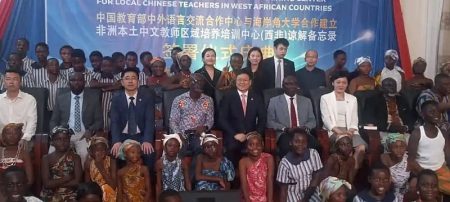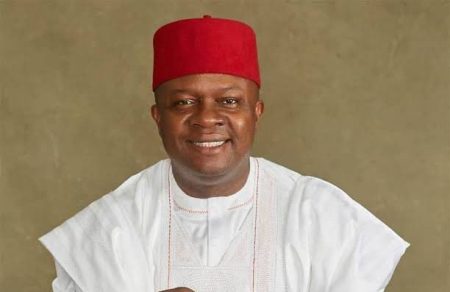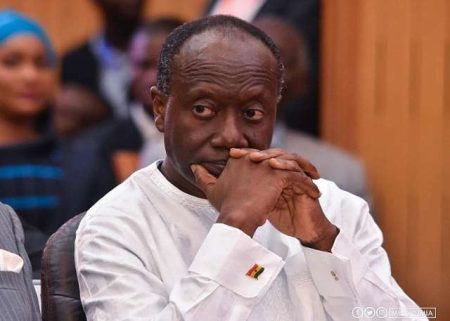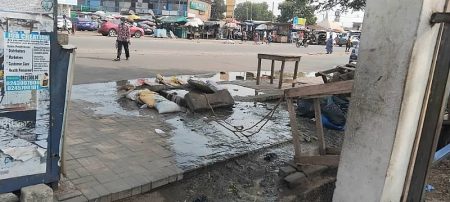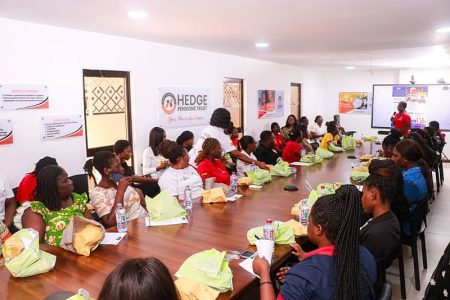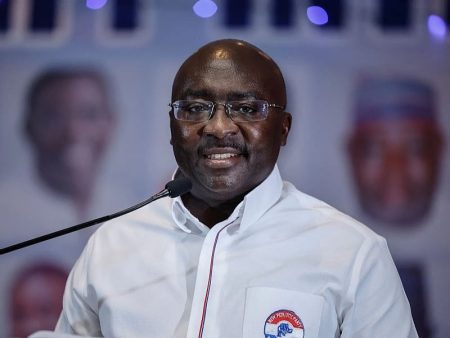Abu Jinapor, the former Lands and Natural Resources Minister, characterizes the 2024 election as an exceptionally challenging year for the New Patriotic Party (NPP). He highlights the significantly low voter turnout, particularly within the party’s traditional strongholds, as a primary factor contributing to their electoral setback. Jinapor emphasizes that this wasn’t merely a dip in support, but a substantial decline unseen in any other political party within Ghana’s Fourth Republic. While acknowledging the need for in-depth analysis through ongoing research like the work being undertaken by Prof. Ocquaye’s committee, he suggests that initial observations indicate a substantial number of typical NPP voters chose not to participate in the election. This abstention, particularly concentrated in regions like Ashanti and Eastern, where the NPP traditionally enjoys strong support, played a crucial role in their underperformance.
Jinapor draws parallels to previous electoral cycles where other parties, such as the National Democratic Congress (NDC), experienced similar downturns, specifically referencing their losses in 2000 and 2016. However, he contends that the NPP’s 2024 experience, though undeniably difficult, wasn’t as severe as some of those previous instances. He stresses the importance of accepting the reality of this electoral setback and understanding the depth of the party’s losses. The unprecedented nature of this “haemorrhage” of support, as Jinapor terms it, necessitates a serious and thorough internal examination of the party’s strategies and connection with its base.
The former minister points out the alarming statistic that the 2024 general elections recorded the lowest voter turnout in Ghanaian political history, a trend significantly pronounced within NPP strongholds. This low turnout, coupled with the party’s already diminished support, compounded their challenges in securing a victory. Jinapor emphasizes the importance of investigating the reasons behind this apathy among traditional NPP voters. Understanding why these voters chose not to participate is crucial for the party’s future strategy and its ability to regain the trust and enthusiasm of its base. This investigation needs to go beyond surface-level analysis and delve into the underlying factors that caused such a significant shift in voter behavior.
Jinapor advocates for introspection within the NPP, urging the party to acknowledge the existence of fundamental flaws that contributed to their electoral defeat. He emphasizes that the party needs a “resuscitation” to recover from this setback. This resuscitation, as envisioned by Jinapor, involves a comprehensive evaluation of the party’s internal mechanisms, its campaign strategies, its connection with the electorate, and its ability to address the concerns of its traditional supporters. He indicates that the party must be willing to make necessary changes and adjustments to regain its footing and effectively compete in future elections.
A critical component of this introspection, Jinapor believes, is awaiting the findings of Prof. Ocquaye’s committee. This committee’s research, he hopes, will provide a more scientific and data-driven understanding of the factors that influenced the 2024 election results. The insights gained from this research should inform the party’s strategies for rebuilding its support base and addressing the concerns that led to voter apathy. He underscores that relying on anecdotal evidence or assumptions won’t suffice; a thorough, evidence-based analysis is crucial for crafting effective solutions.
In essence, Jinapor’s message is a call for acknowledgment, introspection, and action. He stresses the need for the NPP to accept the reality of its significant losses, to understand the reasons behind the unprecedented low voter turnout among its traditional supporters, and to commit to a thorough internal evaluation that will lead to necessary changes. He believes that this process of self-reflection and adaptation is crucial for the party’s revival and its ability to effectively compete in future elections. The task ahead, as he describes it, is to “resuscitate” the party, implementing strategies informed by data and research, and ultimately regaining the trust and support of its disillusioned base.



